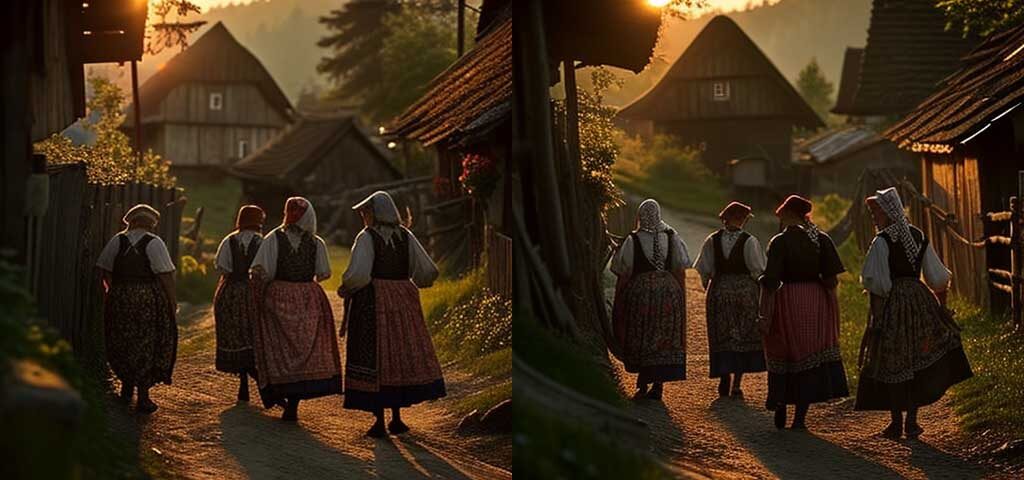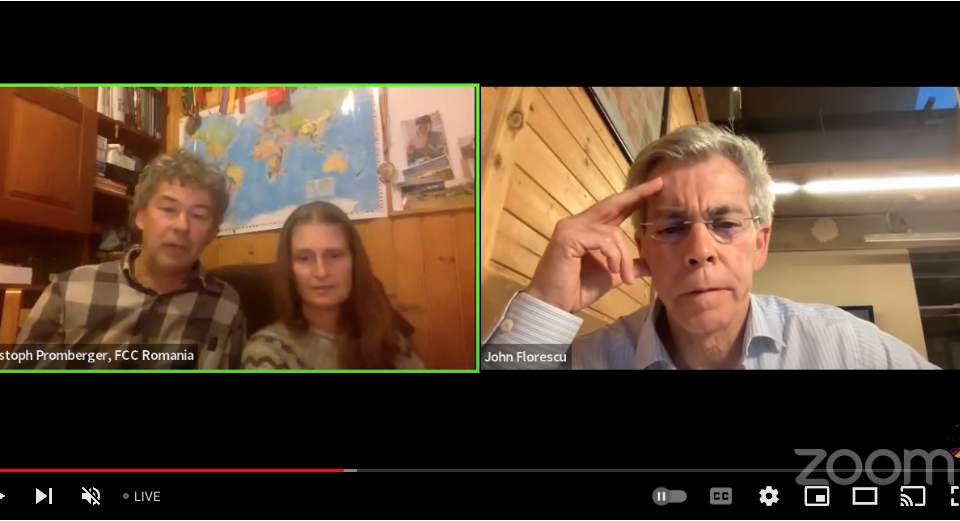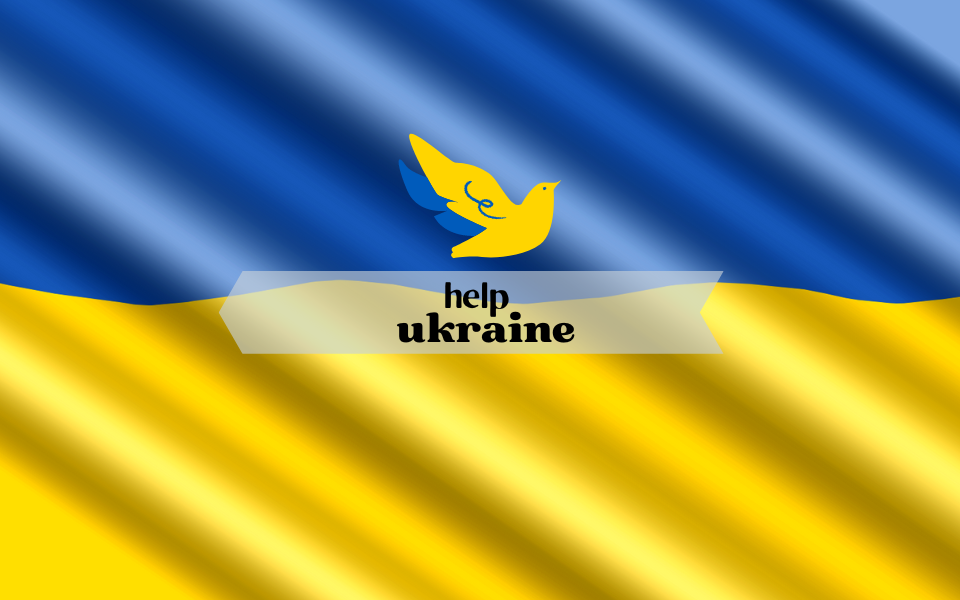Romanian: A Romance Language Worth Discovering
Romania is a land of rich history, stunning landscapes, and a unique cultural heritage. But did you know that Romanian is one of the few Romance languages in Eastern Europe? Sharing roots with languages like French, Spanish, and Italian, Romanian is a beautiful language with a fascinating history. In this blog post, we will explore the origins of Romanian, its similarities with other Romance languages, and why it's worth discovering for anyone interested in language, culture, and US-Romanian relations.
Romanian's Latin Roots:
Like other Romance languages, Romanian evolved from Vulgar Latin, which was the everyday language of the Roman Empire [1]. As the Romans expanded their empire, they brought their language to the territories they conquered, including present-day Romania. Over time, the local population adopted Latin, and it gradually evolved into the Romanian language we know today [2].
The Influence of Neighboring Cultures:
Romanian's development was also shaped by the various cultures and peoples that Romania encountered throughout history. From Slavic, Greek, and Hungarian influences to Ottoman and Germanic elements, Romanian has absorbed words and phrases from various sources [3]. These influences have enriched the language, giving it a unique character that sets it apart from other Romance languages.
Similarities with Other Romance Languages:
Despite these diverse influences, Romanian retains many similarities with other Romance languages. For example, Romanian shares a significant percentage of its vocabulary with French, Italian, and Spanish [4]. Additionally, the grammatical structures and verb conjugations in Romanian are quite similar to those in other Romance languages [5]. As a result, speakers of French, Italian, or Spanish may find it easier to learn Romanian than they might expect.
The Importance of Language in US-Romanian Relations:
Understanding the Romanian language is vital for fostering strong US-Romanian relations. As more Americans and Romanians collaborate in various fields such as business, science, and education, effective communication becomes crucial for success. Learning Romanian not only allows Americans to connect more deeply with their Romanian counterparts, but it also demonstrates a commitment to understanding and respecting Romanian culture. Similarly, Romanians who speak English can strengthen ties with their American partners and contribute to a better mutual understanding.
Preserving and Promoting Romanian Language and Culture:
At Alianta, we recognize the importance of preserving and promoting Romanian language and culture. By sharing stories, hosting events, and connecting people, we strive to bridge the gap - whether perceived or not - between the US and Romania. Learning the Romanian language is an essential part of fostering these connections, and we encourage everyone interested in US-Romanian relations to take the first step in discovering this fascinating Romance language.
In summary, Romanian is a unique and captivating Romance language with a rich history and diverse influences. By understanding the language and its roots, we can appreciate the deep cultural heritage of Romania and foster stronger connections between the US and Romanian communities. Whether you're a language enthusiast or someone interested in deepening your understanding of Romanian culture, the Romanian language is a treasure worth exploring. At Alianta, we're dedicated to promoting US-Romanian relations, and we invite you to join us on this journey of linguistic and cultural discovery.
#Alianta #RomanianLanguage #RomanceLanguage #USRomanianRelations #CulturalHeritage
Sources:
[1] https://www.britannica.com/topic/Romance-languages
[2] https://www.worldatlas.com/articles/how-did-the-romanian-language-evolve.html
[3] https://www.britannica.com/topic/Romanian-language
[4] https://www.languagesandnumbers.com/parent/en/romanian/
[5] https://www.wonderlanguages.com/course/romanian/romanian-grammar/






